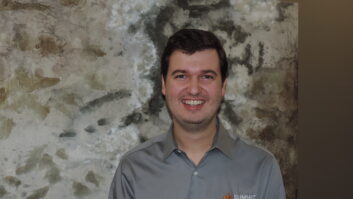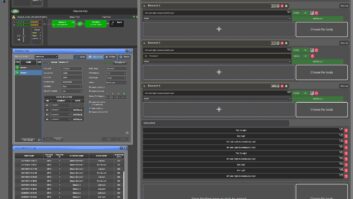APCO Worldwide, a PR and communications firm, has laid out how an independent lab might certify joint satellite radios should Sirius and XM merge.
APCO was supporting a proposal submitted by U.S. Electronics that an independent lab examine and approve devices meant to access a merged Sirius satellite radio network for compliance.
In an FCC filing following a recent meeting with Commissioner Jonathan Adelstein, APCO said it needs technical parameters to be specified in order to “examine and approve devices meant to access a merged Sirius satellite radio network for compliance.”
First, Sirius/XM, the FCC and manufacturers would need to agree on and publish standards for receivers that could decode the signals of both services. Then manufacturers would design, develop and produce prototypes.
Interested labs would also study the devices and put in place equipment needed to certify them. Once the FCC has okayed certain labs as certification centers, manufacturers would choose one to send its devices to for certification.
Then, once an assigned lab has certified a device and issued a report to the FCC, the manufacturer would file to register that receiver with the commission as compliant with the required specs.
“In such a program, there is no need for the merged entity and the manufacturers to interface,” writes APCO. “Indeed, the process is intended to prevent the merged entity from controlling or favoring any device.”
If a device meets the criteria on paper but subsequently causes interference or doesn’t work, it would be barred from use and the company prohibited from marketing or selling that particular item, according to APCO, which also included information on 18 FCC-recognized labs.












